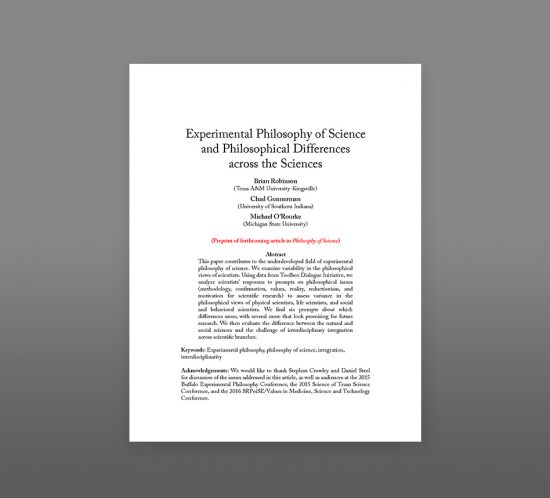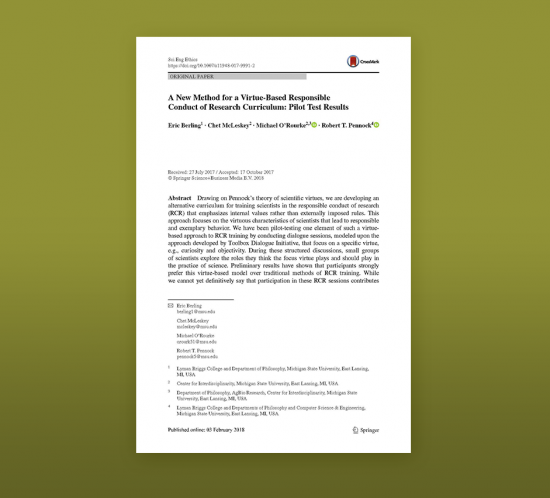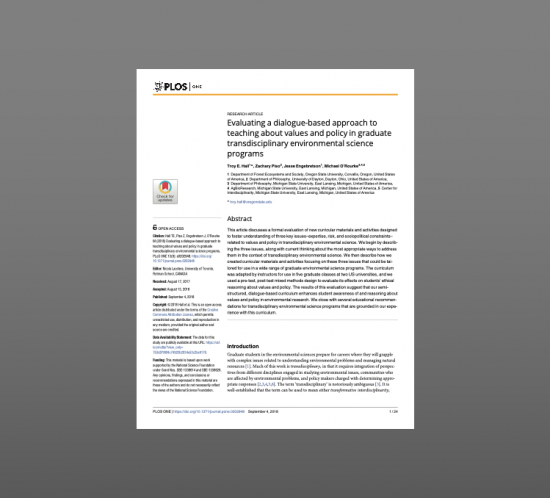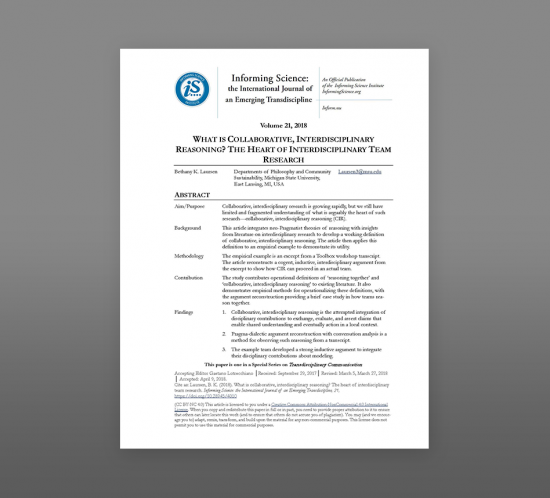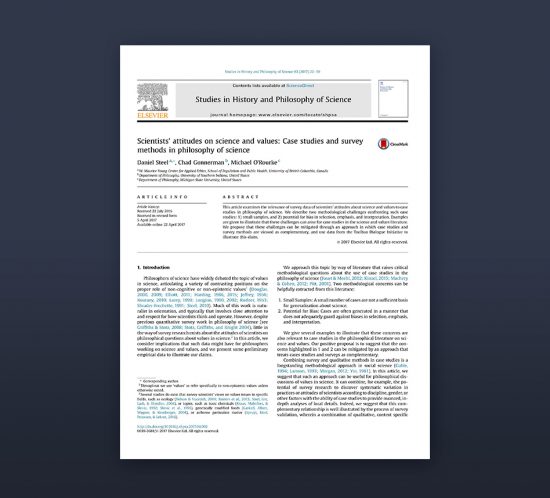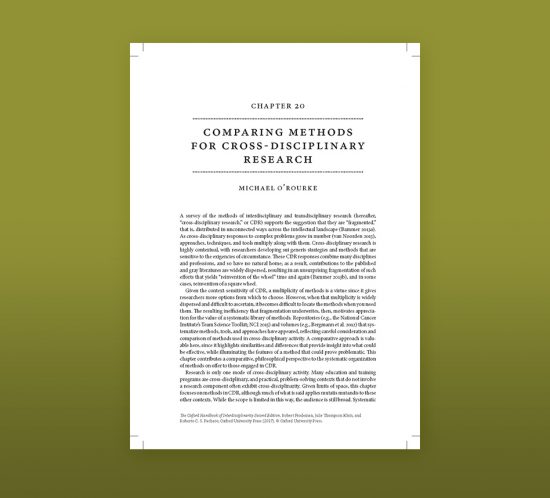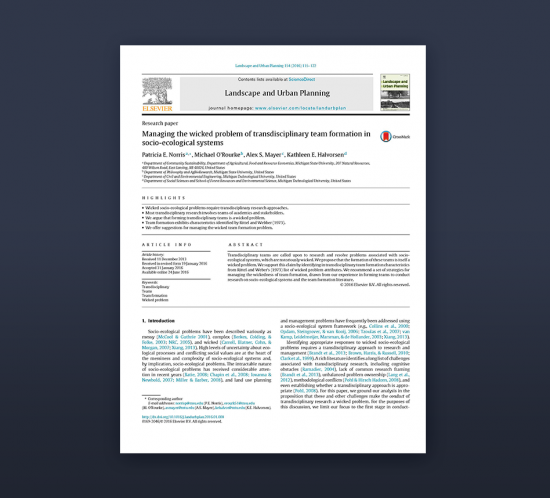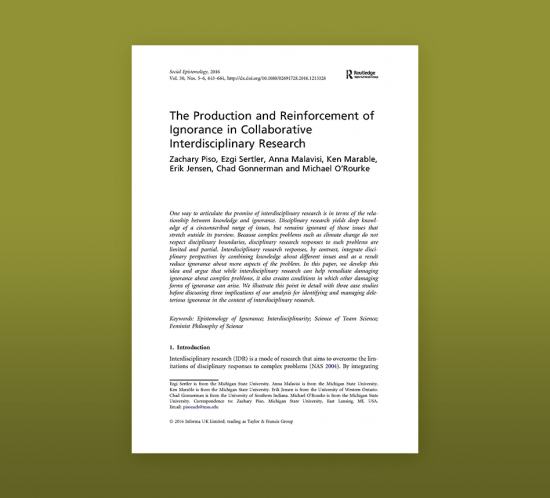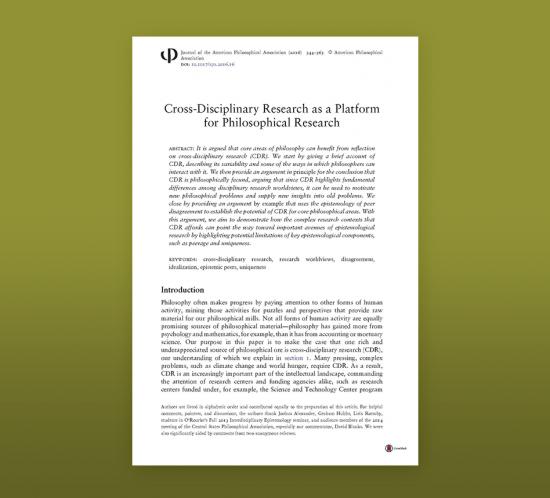Experimental Philosophy of Science and Philosophical Differences across the Sciences
This paper contributes to the underdeveloped field of experimental philosophy of science. We examine variability in the philosophical views of scientists. Using data from Toolbox Dialogue Initiative, we analyze scientists’ responses to prompts on philosophical issues (methodology, confirmation, values, reality, reductionism, and motivation for scientific




